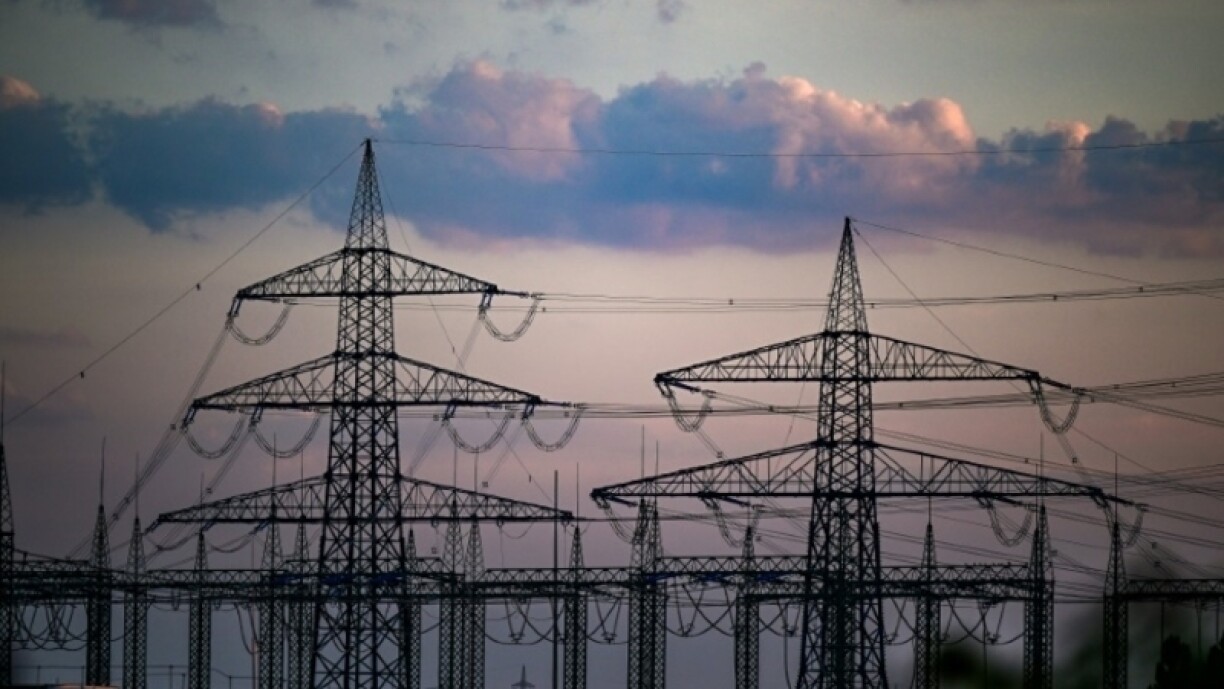
To date, the price of electricity has been capped at the 2021 level, and any increase has been subsidised with government aid up to 60%. Now, however, these subsidies will be slashed by half, dropping to 30% from early 2025.
The Green Party took the opportunity to ask a number of questions on the proposed measures at the latest meeting of the parliamentary economic committee this week, querying the repercussions on the country’s energy transition. The Greens said it was important to maintain the measures until at least 2026, as forecasts suggest the electricity prices will begin to recede.
“If we reduce energy grants now, we risk punishing people who have already made the decision to convert to electric energy sources,” warned Green MP Joëlle Welfring, supplying examples of households who had purchased electric vehicles or installed heat pumps. In addition, the grant for photovoltaics - also known as the top-up - will be reduced. Statistics agency Statec said this particular grant had positively affected the country’s GDP and employment rates. “This could have pushed an indexation back by a year, which would have been good for business,” Welfring added.
Delles responded that it was an opposition party’s right to demand more, and said Luxembourg was the only country in the EU that still subsidises energy prices. Therefore, the government deems it important to allow these measures to expire. However, as the measures expire, the government will introduce a number of household subsidies for low-earning households, such as new energy aids to assist with bills.
The LSAP’s Georges Engel reiterated a criticism previously levelled at his own party while in government: that the current coalition was opting to govern more strictly. He pointed out that the previous government had reacted to an emergency situation, but the new government had time to stagger aid. He asked if the new proposals would address the issue or if the households in question would know to request them.
The discussion referred to bill 8428, which provides for the extension of the measures to stabilise the electricity price cap for private households next year. This applies to households that consume 25 MWh of electricity per year or less. The total cost of this equalisation mechanism must not exceed 171 million euros. For the measures to ensure price stability this year, the government plans a contribution of 225 million euros.